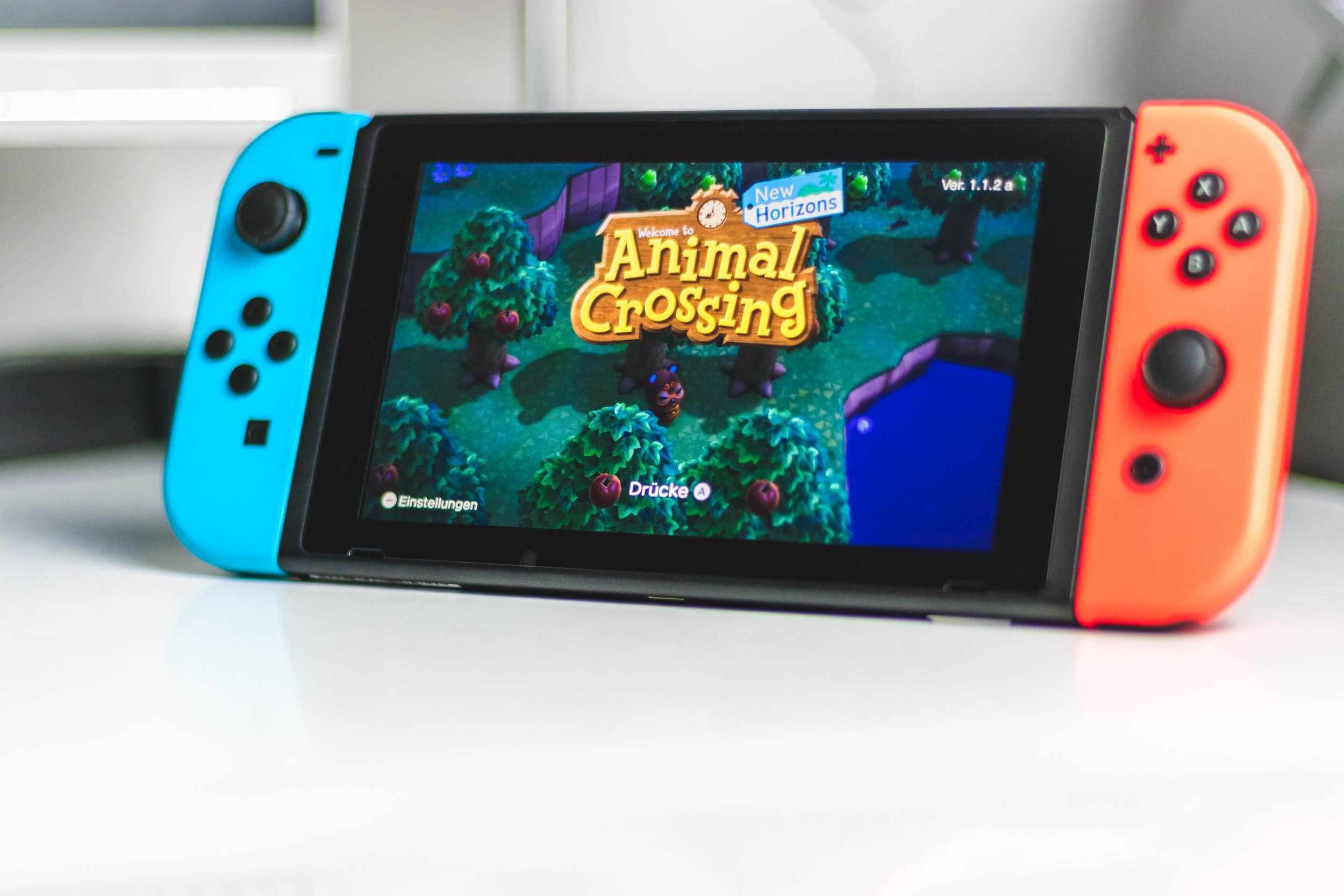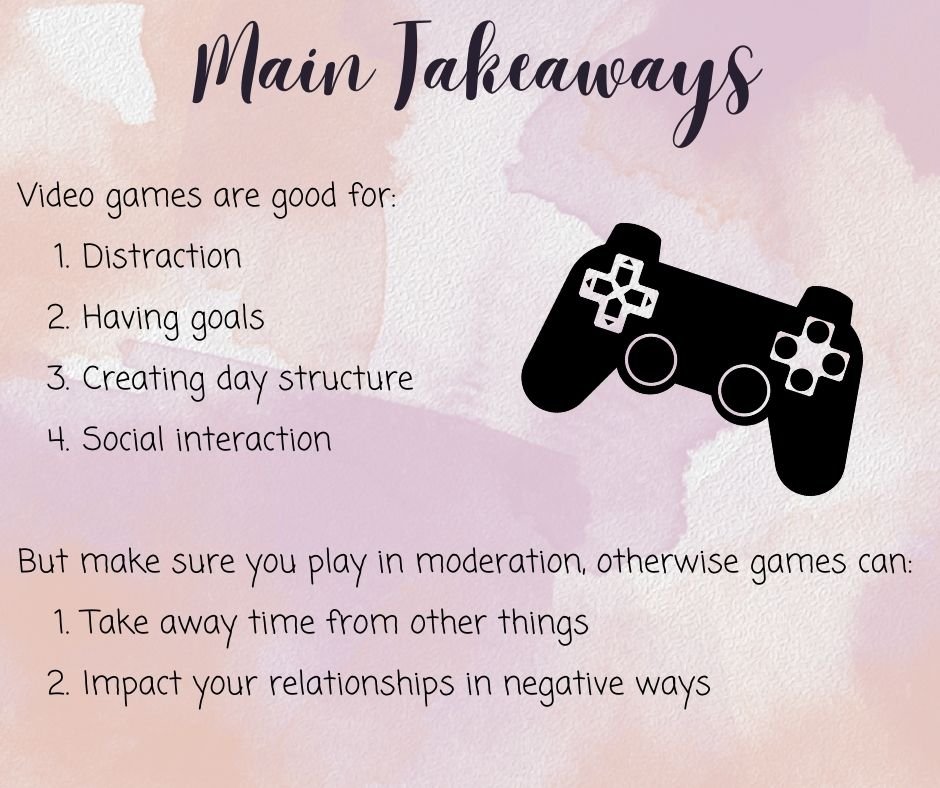Video Games and Mental Health
Video games sometimes get a bad rap, especially for teenagers. While there are some good reasons for this, including the idea that playing certain video games can lead to more violence (see here), playing video games in moderation can actually lead to positive mental health benefits.
One way that video games can be helpful is that they are distracting. Sometimes when we are feeling stressed, we need a break from thinking about the parts of our lives that are stressful. Focusing on a video game, especially one that allows us to have a role that we do not have in our real life, such as in simulation games, draws our attention away from our worries and towards our current video game goal, whether that’s defeating an enemy or raising our skill level.
Working towards goals can be therapeutic in its own way, particularly for people who struggle with things like anxiety and depression and therefore struggle with setting and reaching goals. While video game goals may seem small, for someone who finds themselves too depressed to leave their bed or too anxious to go outside, starting by working on goals in a video game can help them to feel like their lives have a bit more direction. This can lead to an improvement in mood and motivation, which may then transfer to other areas of life as well, especially if the person is working with a therapist to accomplish this. I have seen this happen many times with my clients, where their mental health gets in the way of accomplishing real life tasks and video games serve as a bridge between those tasks and how they are currently doing.
In addition, games that take place in real time, such as the Animal Crossing series, can help people to structure their days by being required to do tasks in the game that can only be done on certain days or times. Day structure is a big part of maintaining mental health (see here), so for someone who has few scheduled activities as part of their routine, having video game tasks that occur at certain times can help to create at least a bit of that structure, especially since the games likely involve small, fun goals that don’t have real life consequences.
Some video games are also social, and provide an avenue for interacting with others, which can be helpful for those with depression or anxiety. Even people who play games alone can often find a community of others who play the same game to talk with about strategies and what makes the game fun.
It is important to reiterate here that moderation really matters. Like many things, it is very possible to overindulge in video games. One way you might know that this is happening is if the games are taking up so much of your time that not enough of your energy is going into other parts of your life, like work/school, social time, or other hobbies and self-care activities. You might also notice loved ones expressing concern or frustration related to how often you play video games. Video games are fun and can be helpful, but only when paired with other activities that are also enjoyable and fulfilling. The feeling you get from unlocking a new level will not last if other parts of your life are being neglected.
Ultimately, if you like video games, playing them in moderation can lead to them adding to your life rather than taking away from it. What are your favorite things about video games?


